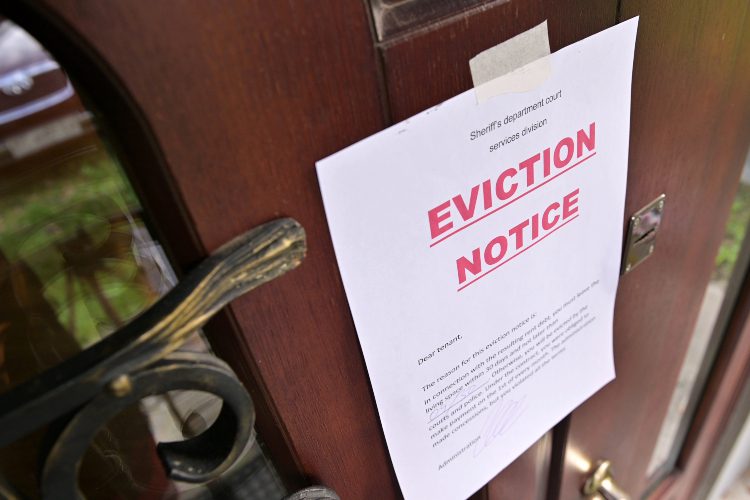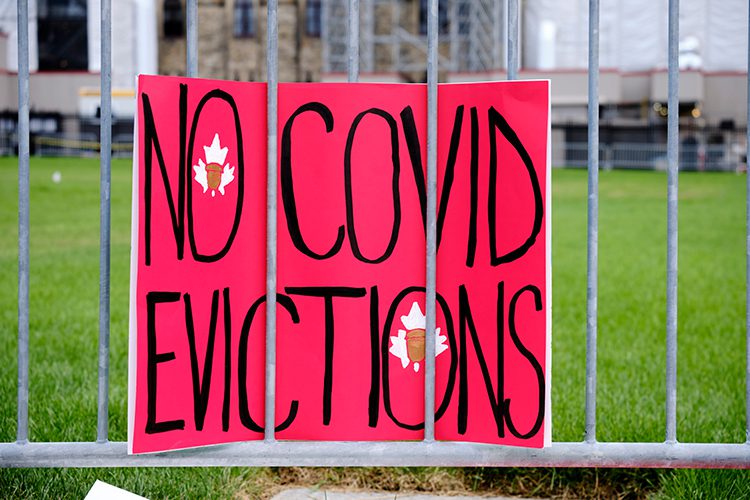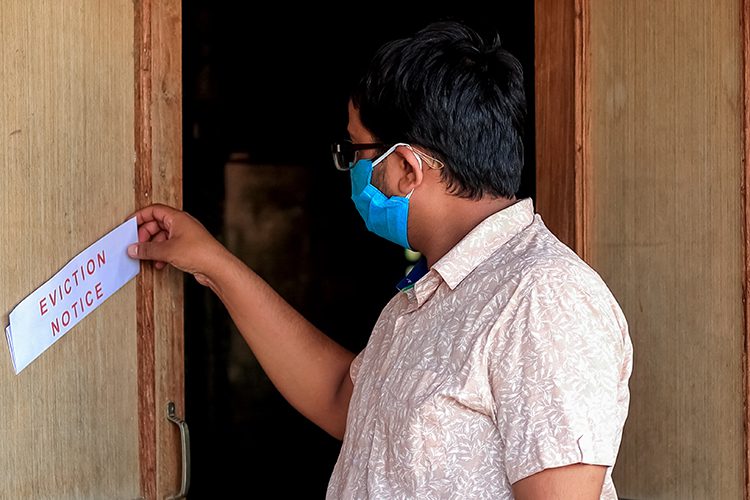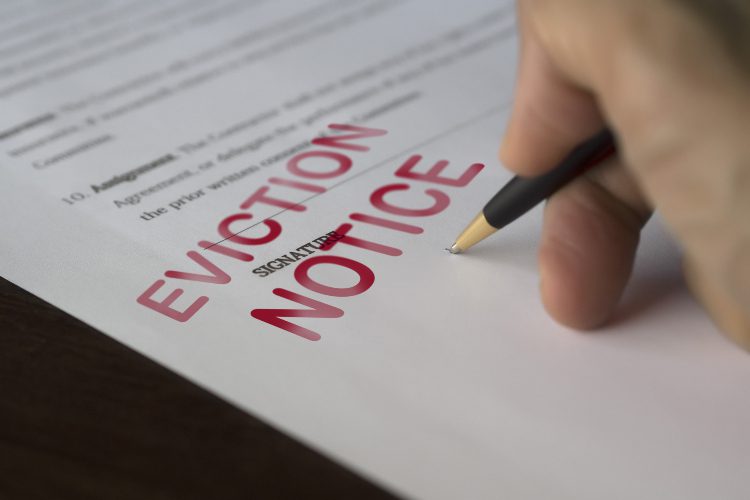
The coronavirus pandemic made many Americans lose their jobs, financial stability, and homes. Now, Congress has ended the eviction moratorium, meaning many might lose their homes. Are you facing eviction? Read on to see what you should do!
Determine Local Laws

Yes, the nationwide eviction moratorium has ended. However, millions of Americans are still protected by state and local emergency orders that prevent landlords from evicting tenants while the pandemic continues. So, your first step should be to look into local and state laws and see if you even need to worry about eviction right now.
States like California, Minnesota, New Jersey, and New York and some cities, like Washington D.C., have all issued their own eviction moratoriums to help tenants with financial hardships due to the pandemic.
Apply For Rental Assistance

After the pandemic hit the United States hard, Congress allocated more than $46 billion in emergency rental assistance for those who need it. In addition, there are nearly 500 rental assistance programs across the United States, almost all of which are still accepting applications. The best part of all? In most cases, the tenants self-attest to the hardships they face, with little paperwork required.
To see which rental assistance programs are available to you, head to the National Low Income Housing Coalition’s rental assistance dashboard. Meanwhile, it’s certainly not a bad idea to talk to your landlord, as soon as possible!
Talk To Your Landlord

If you are facing eviction but your landlord has not started the legal paperwork yet, you still have a good chance of getting back on track. Many landlords want to work with their tenants. After all, it’s costly to kick someone out and find a new tenant!
“If possible, the tenant needs to try and approach the landlord with a repayment plan that allows them to remain on the property, even after the moratorium ends,” said Jessica Bober, a Florida attorney and legal expert with JustAnswer. “It is best if tenants and landlords work together during these difficult times.” Of course, if you and your landlord do come to an agreement, always make sure to get it in writing.
Has your landlord already started the eviction lawsuit? Then it’s time to talk to a lawyer…
Talk To A Lawyer

If your landlord has already filed an eviction lawsuit, start looking for a lawyer. You can turn to the American Bar Association to find free help. Meanwhile, make sure to read up on local tenant rights.
“The tenant cannot be forced to vacate unless the landlord has a court order for eviction, and even then, only the sheriff can remove the tenant,” Bober said. “A landlord is not allowed to change the locks, turn off utilities or touch the tenant’s personal property. If one of these instances occurs, then the landlord has committed an illegal eviction.”
In the end, prepare for the worst. HUD Housing Assistance, Rental Assistance Programs, 211 Housing Assistance, and Just Shelter can all help the evicted tenant find a new home. “A tenant needs to prepare now for where they will go next,” Bober said. “Too many tenants have been caught off-guard and left with only 24 or 48 hours to move after the judge signs an eviction court order…having a plan in place now will help with the transition after being evicted.”
